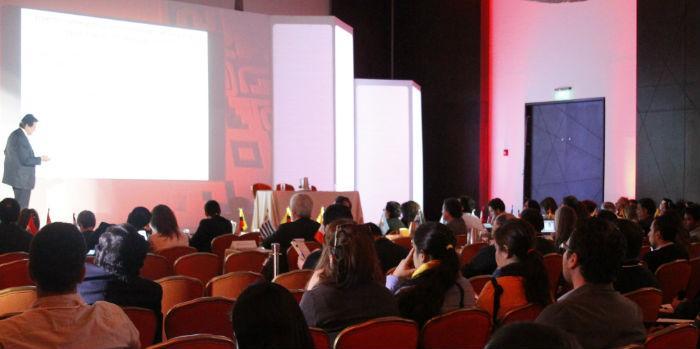 August was a month particularly full of activities for the cable operator sector in Colombia, the agenda was very tight, where events and seminars were crossed that we wanted to attend. The choice was not easy, however the time gave for everything.
August was a month particularly full of activities for the cable operator sector in Colombia, the agenda was very tight, where events and seminars were crossed that we wanted to attend. The choice was not easy, however the time gave for everything.
Luis Pinto*
The International Meeting of Regulators, organized by the National Television Authority, ANTV, and the Platform of Regulators of the Audiovisual Sector of Ibero-America, PRAI, had as a novelty this year the inclusion and independence of the media.
Its slogan "Building a favorable environment for the development of plural and independent media in Latin America", outlined the line by which this meeting of regulators was developed; representatives of the State, academics and independent actors belonging to the region met there.
In the opening ceremony of the event, the ICT Minister, David Luna Sánchez, stressed the importance of giving continuity to this type of scenarios and that it is essential to strengthen them for the sake of these winds of peace, "Television and digital content will be key channels in the dissemination and pedagogy of the peace agreements", he added "we are about to finalize a document that we will take to Congress to update the public policy of TV in the country."
PRAI 2016 was attended by Deutsche Welle Akademie, from the Latin American Observatory of Regulation, Media and Convergence, OBSERVACOM; the United Nations Educational, Scientific and Cultural Organization (UNESCO); the Inter-American Commission on Human Rights - Office of the Special Rapporteur for Freedom of Expression, IACHR RELE and the Center for International Media Assistance, CIMA, accompanied by several deputies representing countries throughout Latin America and, of course, the members of the National Television Board.
To evaluate the development of the media, five indicators classified in the following categories were presented:
1. A regulatory system conducive to freedom of expression, pluralism and diversity of social media.
2. Plurality and diversity of social media, equal economic conditions and transparency in ownership.
3. The media as platforms for democratic discourse.
4. Professional training and institutions supporting freedom of expression, pluralism and diversity.
5. Sufficient infrastructural capacity to support independent and pluralistic media.
In her speech, Aleida Calleja, coordinator of the Latin American Observatory of Regulation, Media and Convergence (Observacom), indicated that "we fell into the trap of the media as a business and in the concentration of media in a single large company, which results in something very similar to censorship, where a media conglomerate belonging to a single group, it determines what is spoken and what is silenced."
Two particular cases affecting the region were analyzed; the first is the laws for the media in the case of Uruguay, by Gustavo Gómez, executive director of Observacom and in the second instance the audiovisual public policy in Colombia, by the representative of the JNTV, Beatriz Quiñones, representative of Civil Society in the National Television Board, who offered the attendees a summary of the commission formed for the construction of a technical input for the formulation of a new audiovisual policy.
TVMorfosis arrived in Barranquilla
The 14th edition of TVMorfosis, organized by the Universidad del Norte and the Zoom Channel, took place in Barranquilla on August 8, 9 and 10. It had the support of the National Television Authority and was the scene of discussion on technologies and audiovisual narratives for current social realities, among other issues.
Olga Castaño Martínez, representative of the Universities before the National Television Board, participated in the panel "Television interactivity as a mechanism for citizen participation", together with Miguel Francés, professor and director of the official master's degree in audiovisual content and formats at the University of Valencia, Spain; Enrique Uribe, researcher and academic dedicated to the study of the media in minority languages, and professor at the Universidad del Norte, and Gabriel Torres, founder of Channel 44 of the University of Guadalajara, Mexico, who highlighted some relevant aspects of the existence of a true interactive television.
Miguel Francés maintains that the contents on television are not yet interactive, because there is no real-time discussion with viewers. From their experience with Spanish universities, they currently work on audiovisual and non-television content, because the linear stage of traditional consumption is no longer used.
Gabriel Torres agreed with this assessment and stated that, "television becomes interactive when there is true communication with audiences, but for now, there is only minimal feedback." He also added that DTT, independent of any country, arrived late, because since his experience in Mexico with the analog blackout that occurred in December 2015, people have not noticed any change. "The transmission of digital content on the Internet is not the same as in DTT, and the future of television is being left in IPTV or Internet television."
Enrique Uribe, said that television as it is currently known, only broadcasts and has the option of interaction, only in a live program, and maintained that outside of this, the device as such, is not interactive, because it only turns on and off.
Olga Castaño highlights, from her experience, that today there are no longer passive receivers, because "the new generations do not have this option, because social networks already allow them to be active in front of the contents". Likewise, he indicated that "new audiences, more than consumers, have become prosumers", referring to the fact that now audiences generate content from ideas already exposed.
Another panel discussion focused on the role that public television should play on the road to peace and what is to come for Colombia in particular. This event was attended by John Jairo Ocampo, manager of RTVC, Darío Montenegro, manager of Canal Capital, Juan Manuel Buelvas, manager of Telecaribe and Germán Yances, social communicator and journalist, expert in the analysis of new media and especially television, under the moderation of the journalist, Alberto Martínez, were in charge of opening the debate and generating important reflections.
In this regard, Dario Montenegro noted that the role of public television will be fundamental for the post-agreement and for this, it will be necessary to bet from now on a change of mentality in the collective imagination of the spectators, which allows everyone to dream of peace. "It is vital to educate children and young people about the step that the country is about to take, but it is also relevant to create new formats to understand it, to explain it, because as it is planned at the moment it is not enough. Television will be a transcendental player and will serve, in addition to informing, as an educational element of society." Likewise, he stressed that from this reality, the challenge for everyone who does television will be to create spaces of opinion, as well as products with true social content for Colombians.
For his part, John Jairo Ocampo indicated that the media has learned to cover the war for more than 50 years, and this will be an opportunity for new generations of social communicators to learn to tell what the reality of a country in peace will be like. "We cannot continue with the traditional news scheme, where violent or criminal acts often prevail. What the country is experiencing is historical and it is necessary that those of us who are involved in the issue of content, tell it and rethink the way in which it is reported. We must learn to tell stories, the new generations of journalists are called to take to the streets, to go beyond the simple record."
Juan Manuel Buelvas stressed that national channels have shown the regions as sectors of violence, and from there, it is necessary to work to show the face of a country that people do not know. He also added that currently the channels are closely linked to the news format and for the arrival of peace, it will be necessary to create different formats that allow telling the reality that Colombia will live.
For his part, Germán Yances said that in public television more than opening spaces of opinion, what must be opened are debates, just as he insisted that the challenge will lie in the production of content generated from good research with durability over time. For Yances, the historical memory of the war is part of peace, and notes that private television tells the story of the conflict by creating heroes from villains. "Public television is the best way to tell the historical memory of the war, because the material exists. The role that public television will play in the post-conflict period will be fundamental for the next generations, since those who come will also have to know that Colombia suffered with the armed conflict."
Finally, the participants in the panel agree that public television is called to be an active part of the process of transition to peace and additionally, it will be necessary to rethink it from now on, through the generation of new content and formats that include and link communities in general.
The closing of the event was in charge of Gabriel Torres, director of Channel 44 of the University of Guadalajara, Mexico; Alberto Martínez, director of the Social Communication program of the Universidad del Norte and Germán Pérez, manager of the ZOOM University Channel, who concluded once again, that television in the world and especially that of Colombia, have a lot of future, and various ways of being told, which are waiting to be discovered.
For Alberto Martínez this event allowed the attendees to understand that the audiovisual narrative has been the object of great changes, which is forcing educators to reinvent themselves in order to look for new audiences. However, he says that it is necessary for audiences to become increasingly critical of what they see in order to continue improving narrative models.
In his speech, Germán Pérez said that these debates reflect that television is more alive than ever and also constitute a stage of vindication between television, new technologies and audiences.
Ninth National Television Congress
In Bogotá on August 10, 11 and 12, the Ninth National Television Congress was held. The organizer of the event, Alberto Pico, gave a positive part about the 2016 version of the fair and gave some conclusions about the future of the industry.
"The digital age, with the new technological alternatives for education, culture, the training of good people, recreation and entertainment, make obsolete every day the companies and operators that provide television, telecommunications and Internet services with the innovation of digital media and social networks that are displacing traditional media. This makes it mandatory to be up to date on the speed that modernization brings and the projection that its activities require to stay in the market".
Tour Gpon
On August 25 and 26, the company Solenertel held the second Gpon Tour, Solenertel, this is an Internet provider company in remote municipalities of Colombia, directed by the i3ngeniero Robinson Martínez, who experienced the limitations involved in touring populations of difficult access, in terms of resources, service providers and technology.
For this reason, it decided to design a modular solution, an alternative with state-of-the-art technology that allows greater accessibility, support, guarantees and competitive prices to operators. The solution is the application of engineering under a set of technology, suppliers and operators, thinking of satisfying the needs of end users, who ultimately suffer from the absence of technological advances in these remote regions.
Once the solution was created, the company set out to make it known and exposed to the public through training seminars and training which it called Tour Gpon and thus, make it affordable to operators in all regions of the country. For this gpon network training model "Gigabit passive optical network", he recreated a network of several kilometers in just a few square meters of his facilities.
There, participants interacted with this network designed for the course, making it a unique training of its kind. His interest was none other than to integrate the various technologies and according to Robinson Martínez, the workshop was based "With the aim of offering solutions according to our geography, culture and socioeconomic conditions; this technological resource is much more than connected cables or state-of-the-art equipment, it is to adapt solutions designed to measure".
These Gpon Tours have been organized by Solenertel, with the accompaniment: Silver Techcompany, TP-Link, Meltec, Huawei, Inspur, Dinatel and Microlink. The event was attended by 45 participants including engineers and technicians from different companies, from various regions of the country such as Antioquia, Huila, Cesar, Atlántico, Valle del Cauca, Boyacá, Cundinamarca, Tolima and Bogotá. The participation of people from countries such as Honduras, Ecuador and Argentina did not cease to surprise.
Asotic Forum
Parallel to this date, and no less important, ASOTIC- Association of Operators of Information and Communications Technologies of Colombia, developed its 5 Forum "The new model of television and its technological convergence" in the city of Bogotá, which ended with great academic and commercial contributions in telecommunications, Internet, television and content.
The event was attended by the ICT Minister, Dr. David Luna Sánchez, who was decorated by the association, the ANTV was also present, represented by its Director, Dr. Ángela María Mora; attended the talks of the General Manager of Google Colombia, the Communications Regulation Commission, CRC, the National Planning Department, DNP, the ICT Ministry and representatives of the Senate of the Republic of Colombia, among other participants.
There is no denying that commercially speaking it was a success, with about 299 attendees coming from more than 10 countries, more than 20 stands among providers of technological solutions such as content and administration. They made the scenario propitious to launch the union framework agreements with Google, Internexa, Azteca Comunicaciones, Discovery Channel, Play Boy, TV Azteca, NHK Japan, Inti Networks, among others.
After finishing such a busy month, I can only be positive, optimistic and a believer that Colombia must enter a stage of change and that we must all be part of it.
*Luis Pinto is a commercial technical advisor for TVyVideo+Radio.



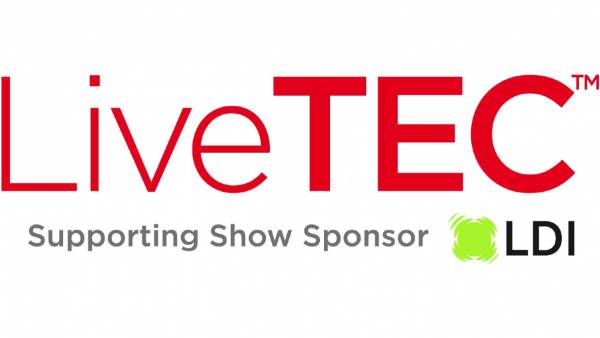
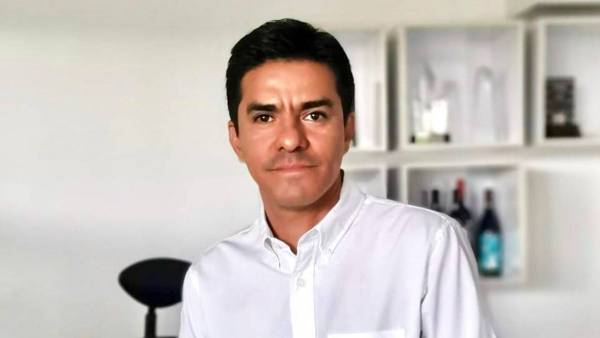







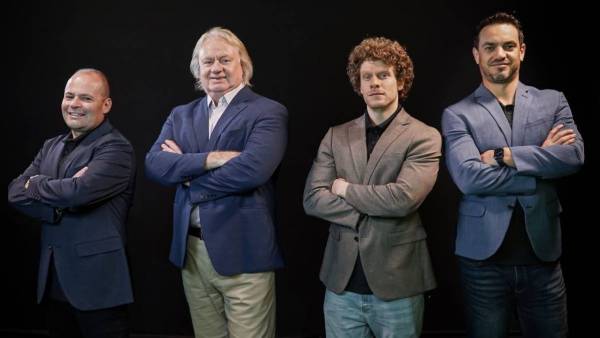



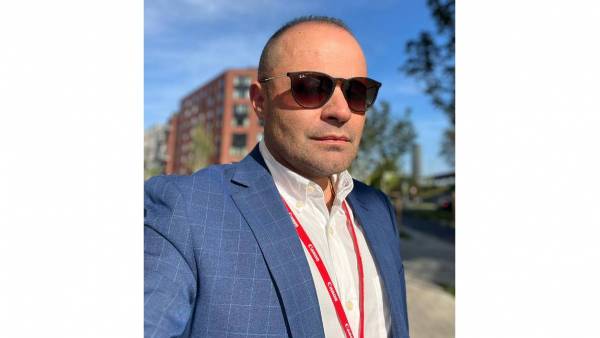







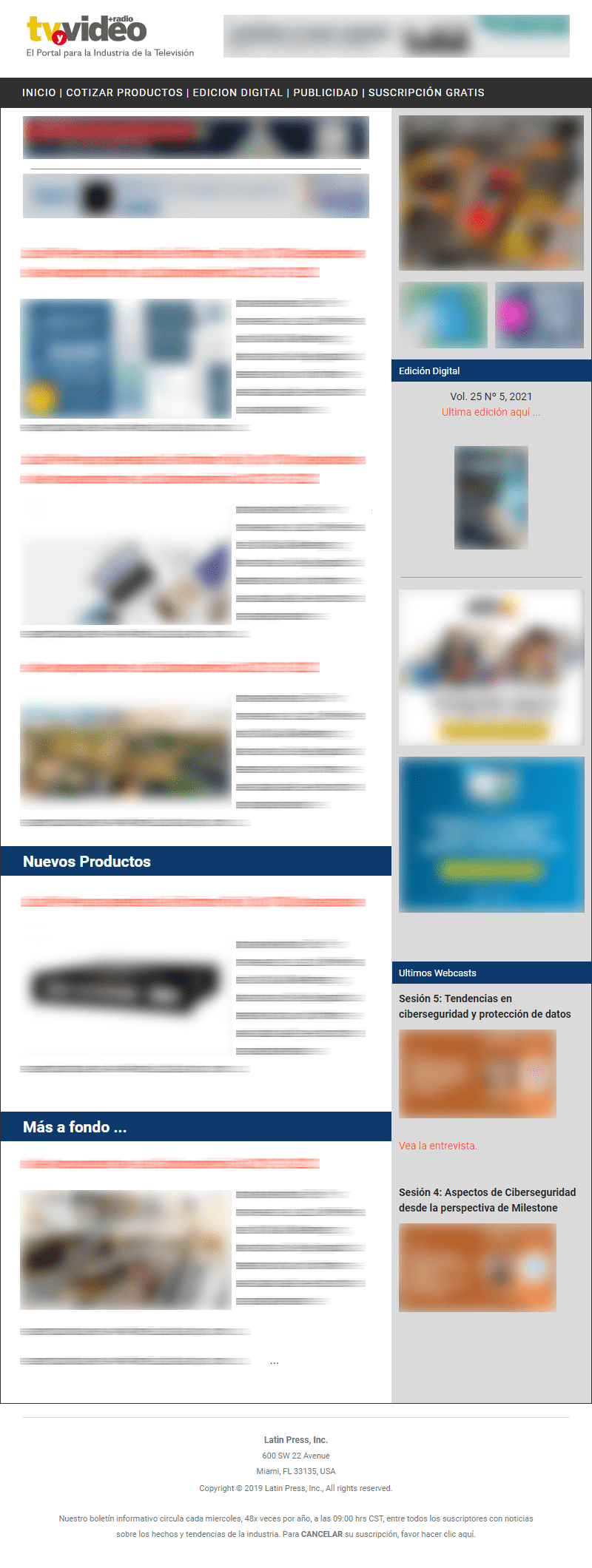
Leave your comment